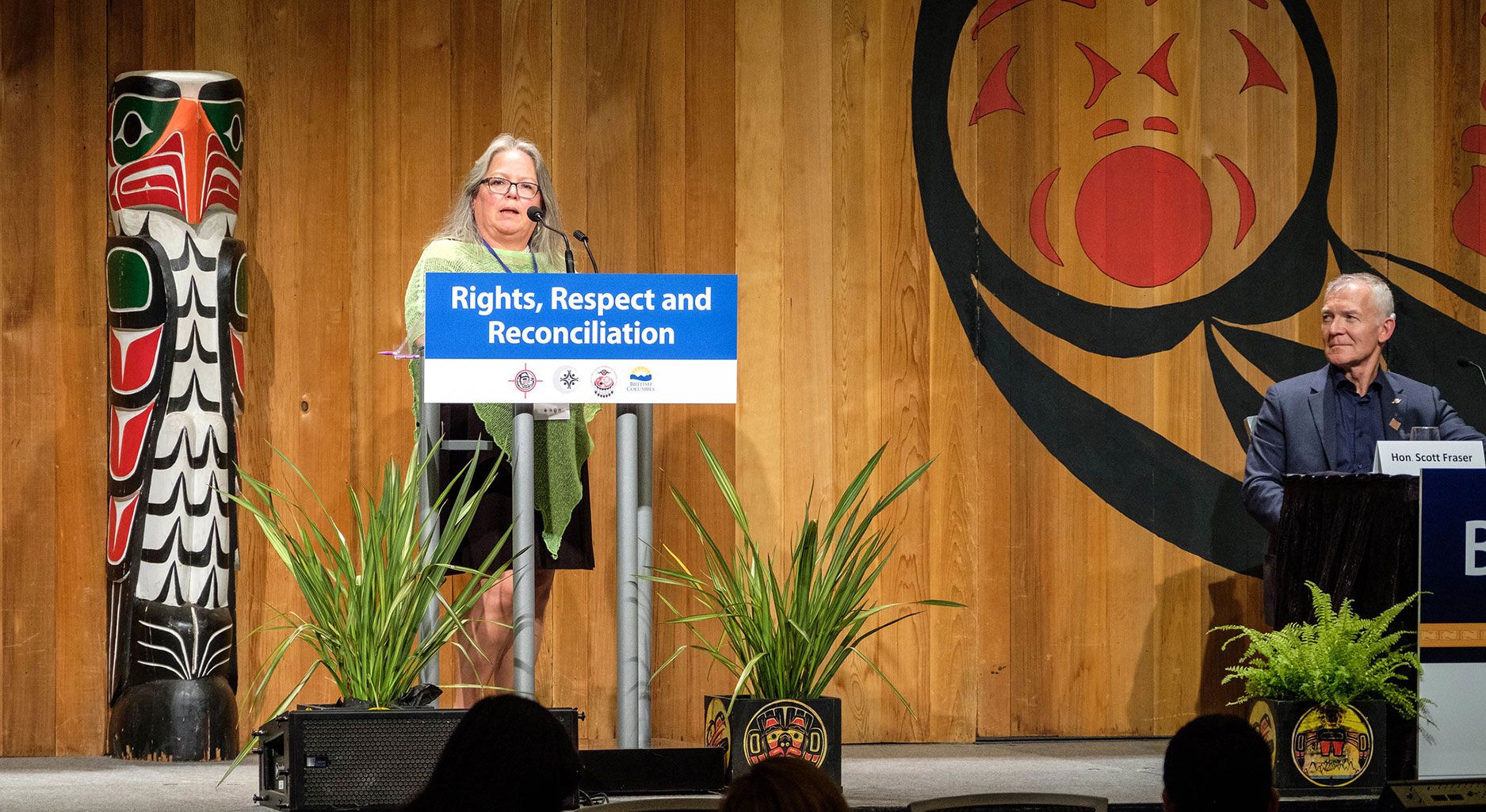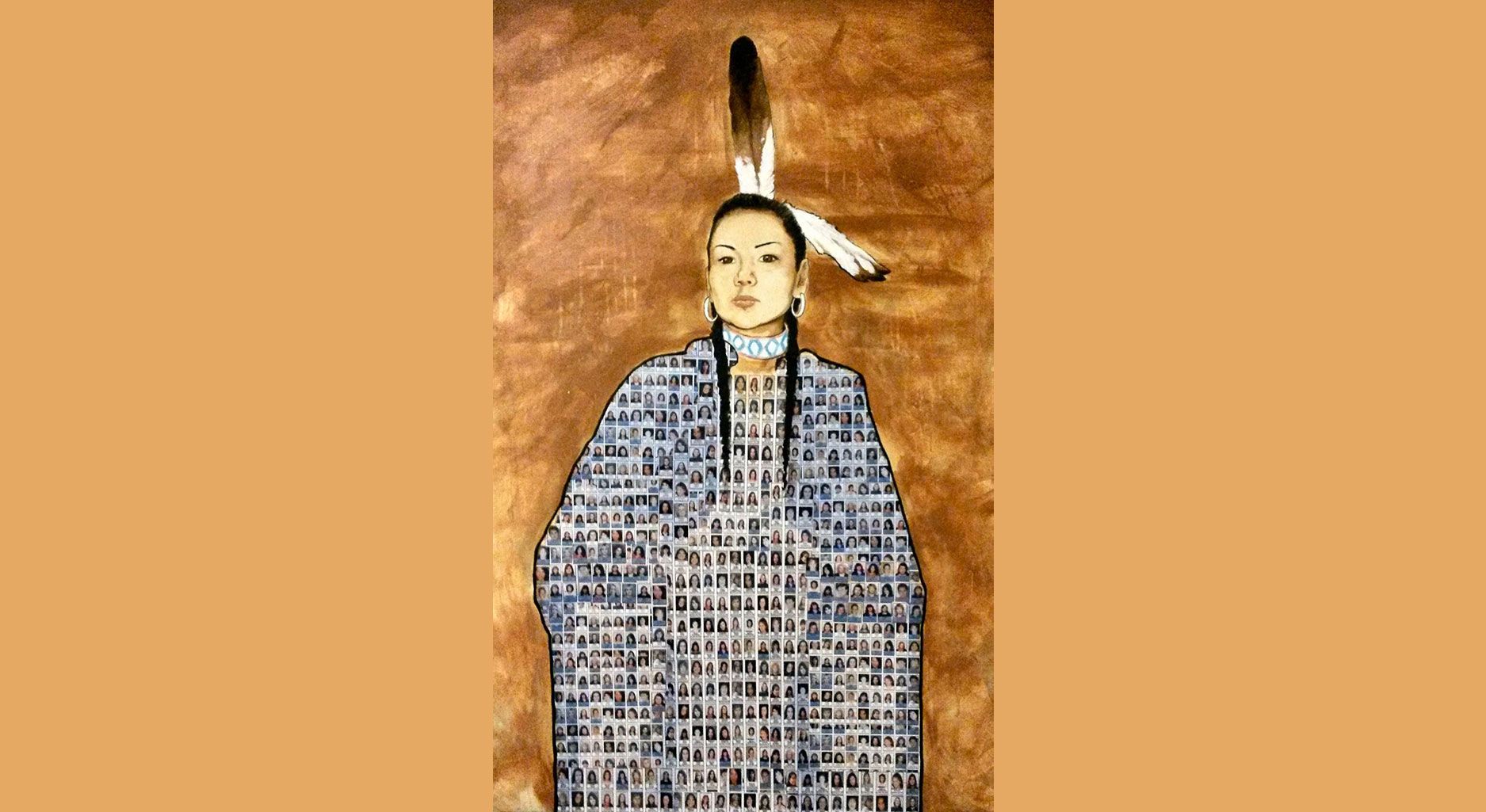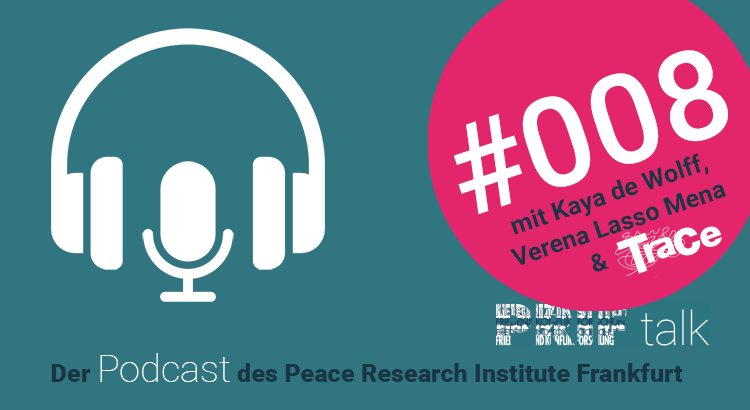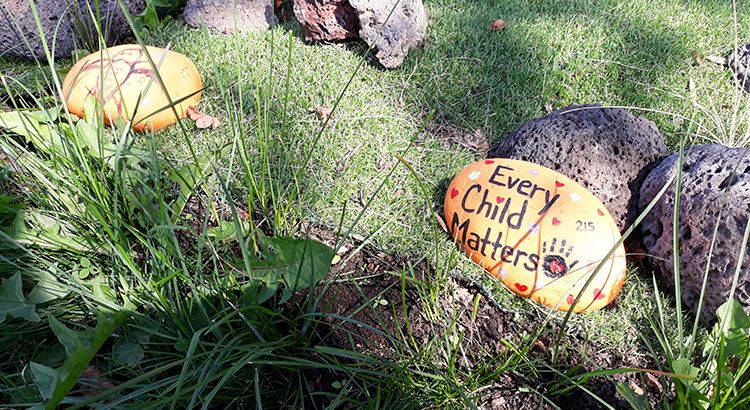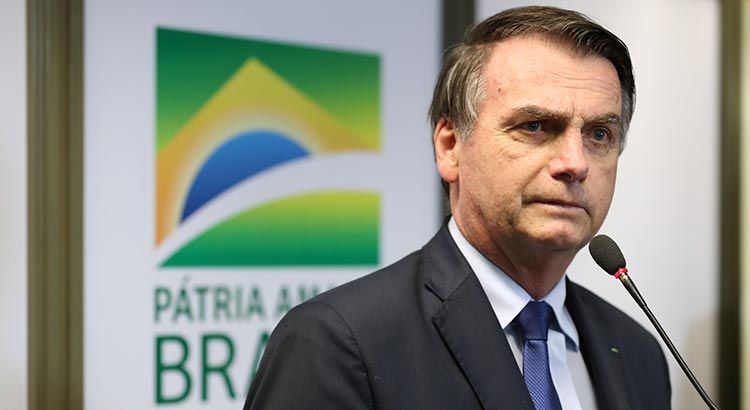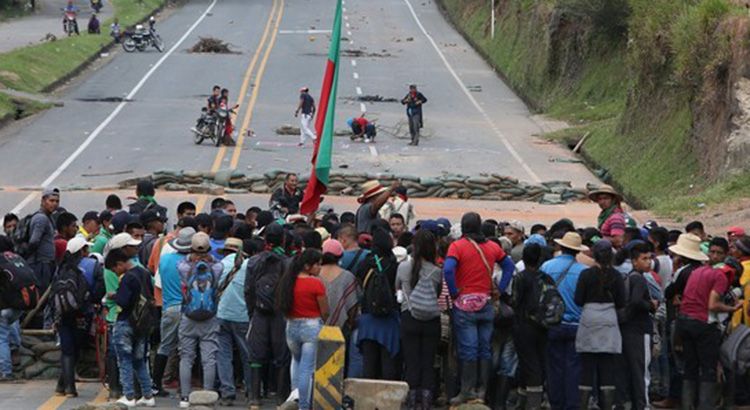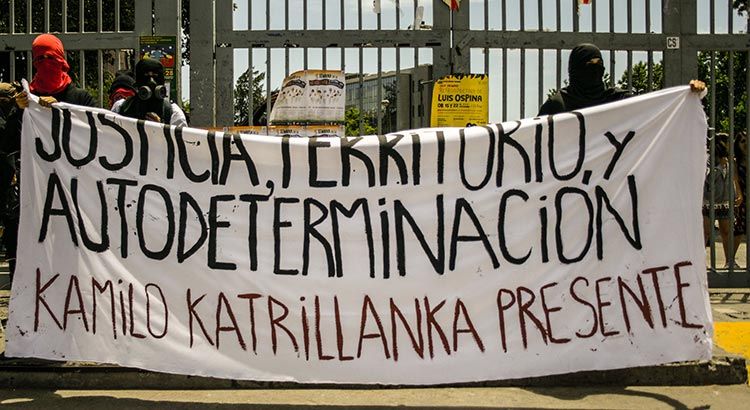Schlagwort: Indigene
Time for True Stories: Stereotypes Absolve Gendered Violence against Indigenous in Canada
PRIF talk #008 // Auf den Spuren politischer Gewalt
In Brasilien und Kolumbien waren die beiden Wissenschaftlerinnen Kaya de Wolff und Verena Lasso Mena auf Feldforschung. Worum genau es in ihrer Forschung zu sozialen Medien und Umweltaktivismus geht, wie es ihnen in ihrer Rolle ergangen ist und was „Research in Solidarity“ bedeutet, erzählen sie Tina Cramer in der neusten Folge von PRIF talk.
Alle drei arbeiten im April 2022 gegründeten hessischen Forschungszentrum „Transformations of Political Violence“ (TraCe), das von PRIF koordiniert wird. Gefördert vom Bundesministerium für Bildung und Forschung (BMBF) erforschen dort Wissenschaftler*innen Transformationen politischer Gewalt aus verschiedenen Perspektiven.
Kaya de Wolff ist Postdoktorandin und wissenschaftliche Mitarbeiterin an der Goethe-Universität Frankfurt und bei TraCe. Erinnerungen an politische Gewalt aus medien- und kommunikationswissenschaftlicher Perspektive, insbesondere in Brasilien, sind ihr aktueller Forschungsschwerpunkt.
Verena Lasso Mena ist Doktorandin und wissenschaftliche Mitarbeiterin an der Technischen Universität Darmstadt und bei TraCe. Im Zentrum ihrer Forschung steht politische Gewalt im Zusammenhang mit Umwelt- und Klimakonflikten rund um den Abbau natürlicher Ressourcen, insbesondere in Kolumbien.
*Shownotes*
- Website von TraCe
- Letzte TraCe-Folge bei PRIF talk, 23. März 2023: „PRIF talk #006 // Die Transformation politischer Gewalt“
- Global Witness Report, 15. September 2023: „Global analysis: the picture for defenders around the world“
- „Marco Temporal“: Weiterführende Informationen zum Gesetzesentwurf in Brasilien von amerika21.de
- TraCe-Ringvorlesung in Darmstadt, erste Veranstaltung am 24. April 2024: „Violence as a Global Challenge“
- Öffentlicher Roundtable, 2. Mai 2024: „Rethinking Cosmopolitan Memory in Postcolonial Contexts“ mit Daniel Levy, Emily Keightley, Jocelyn Martin und Jephta Nguherimo, Moderation: Astrid Erll und Kaya de Wolff
- Studie zu Bolsonaros Anti-Indigenem Diskurs: „Nossos Indíos: A Critical Discourse Analysis of Jair Bolsonaro’s Social Media Discourse Regarding the Indigenous Peoples of Brazil“
Social Media
